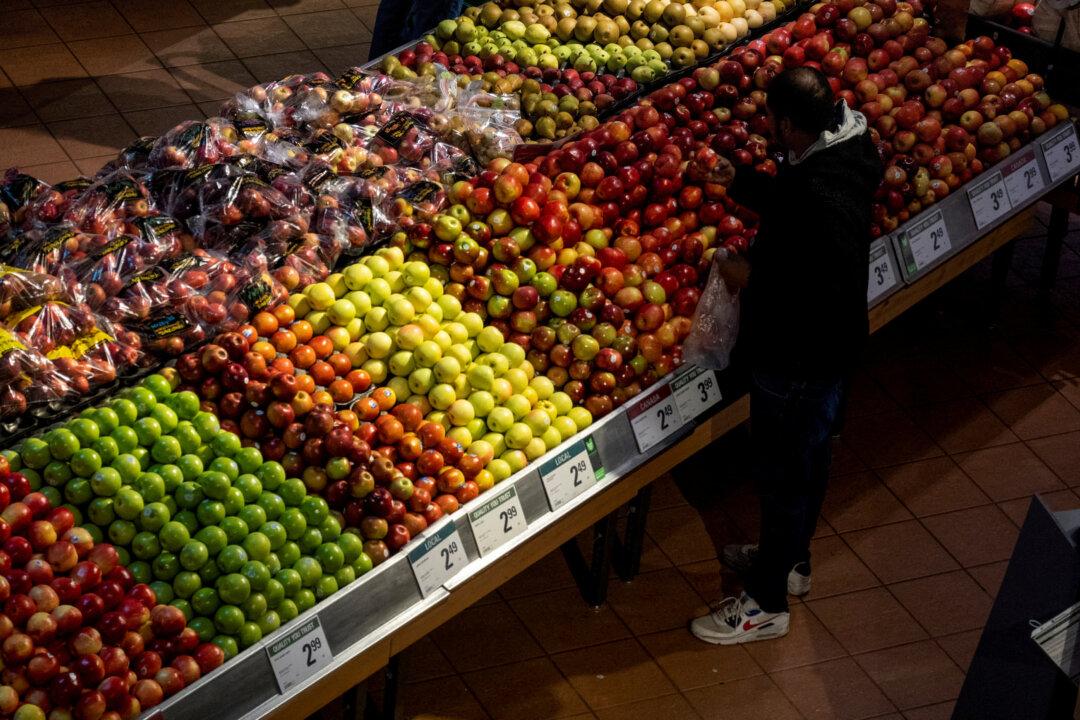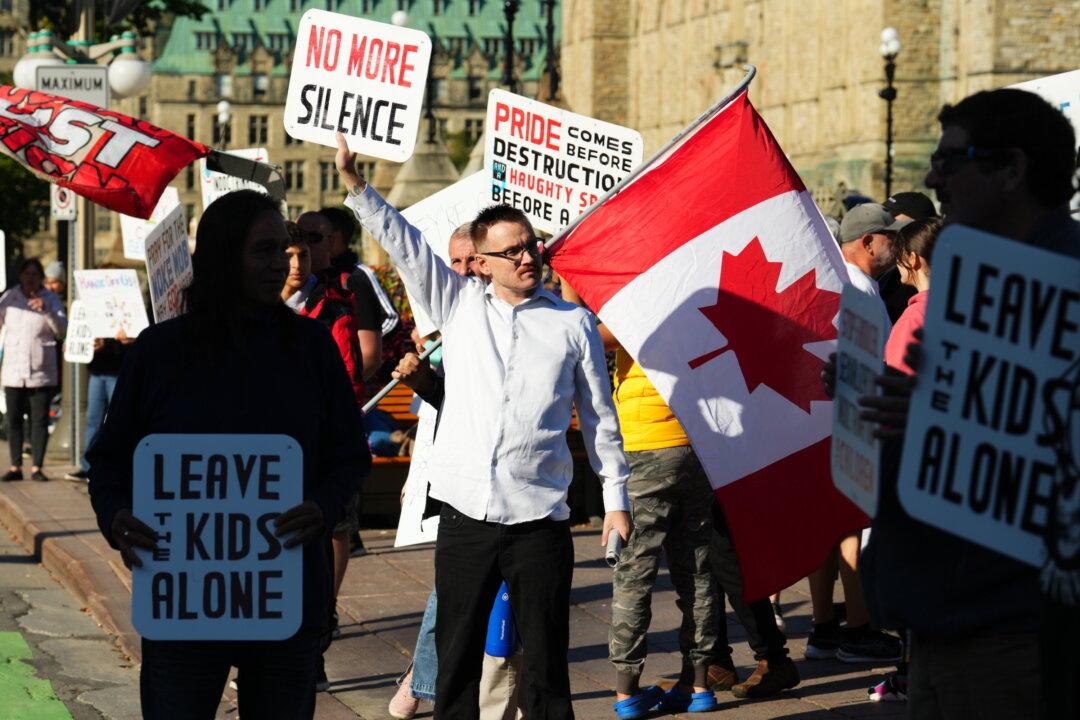A professor and food policy expert is calling on Ottawa to temporarily suspend the carbon tax on “the entire food industry” beginning with farmers and food producers all the way up to the retail level.
Professor Sylvain Charlebois, senior director of the Agri-Food Analytics Lab, says the pause must be put in place because little is known about how the carbon tax will impact the food industry’s competitiveness in Canada over time considering the higher fuel charges compared to U.S. competitors.





